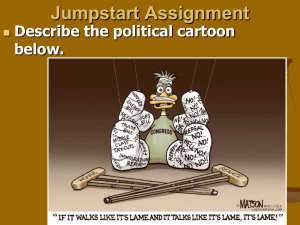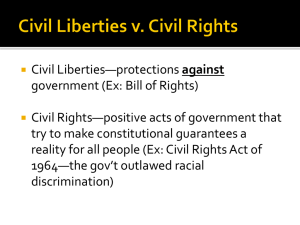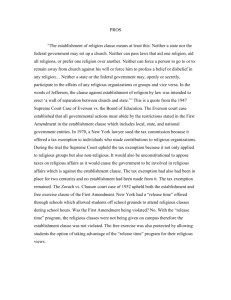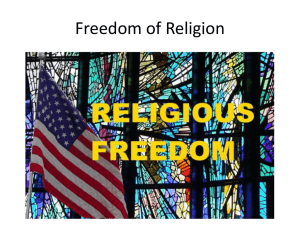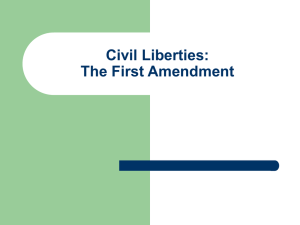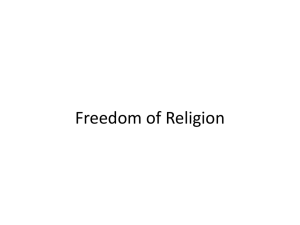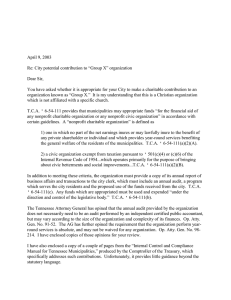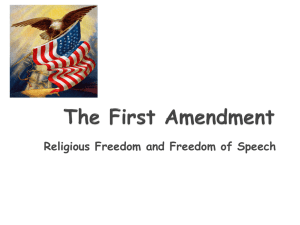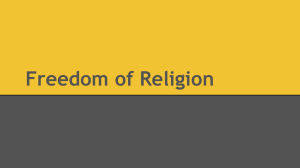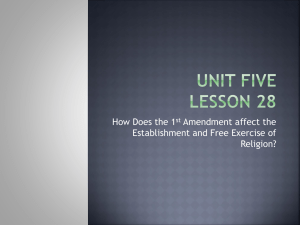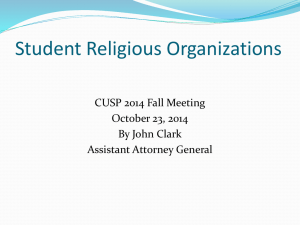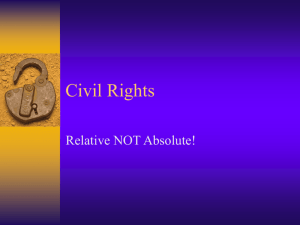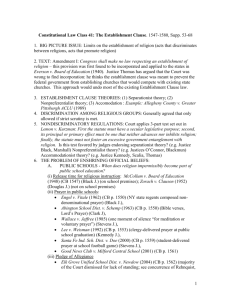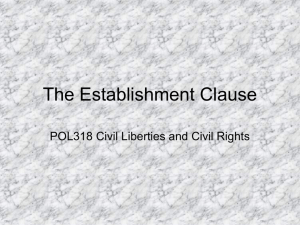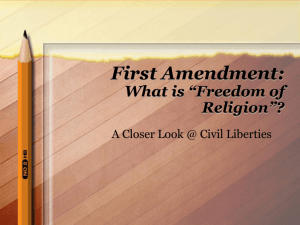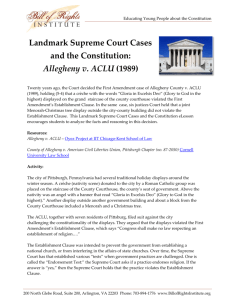Teacher Information Letter
advertisement
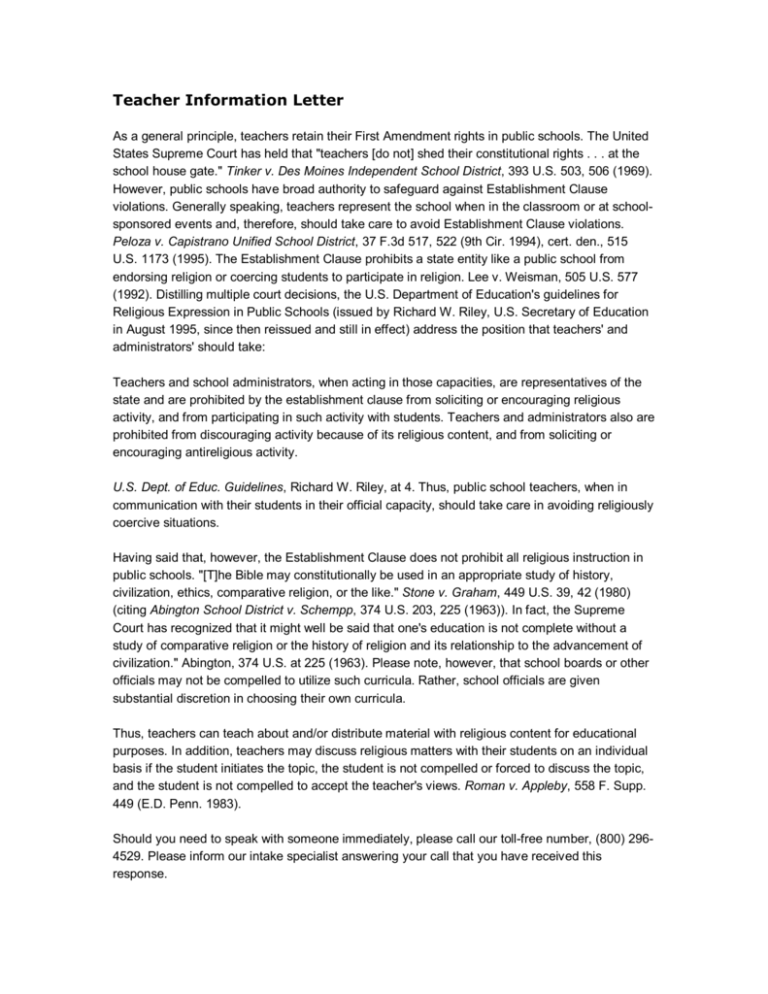
Teacher Information Letter As a general principle, teachers retain their First Amendment rights in public schools. The United States Supreme Court has held that "teachers [do not] shed their constitutional rights . . . at the school house gate." Tinker v. Des Moines Independent School District, 393 U.S. 503, 506 (1969). However, public schools have broad authority to safeguard against Establishment Clause violations. Generally speaking, teachers represent the school when in the classroom or at schoolsponsored events and, therefore, should take care to avoid Establishment Clause violations. Peloza v. Capistrano Unified School District, 37 F.3d 517, 522 (9th Cir. 1994), cert. den., 515 U.S. 1173 (1995). The Establishment Clause prohibits a state entity like a public school from endorsing religion or coercing students to participate in religion. Lee v. Weisman, 505 U.S. 577 (1992). Distilling multiple court decisions, the U.S. Department of Education's guidelines for Religious Expression in Public Schools (issued by Richard W. Riley, U.S. Secretary of Education in August 1995, since then reissued and still in effect) address the position that teachers' and administrators' should take: Teachers and school administrators, when acting in those capacities, are representatives of the state and are prohibited by the establishment clause from soliciting or encouraging religious activity, and from participating in such activity with students. Teachers and administrators also are prohibited from discouraging activity because of its religious content, and from soliciting or encouraging antireligious activity. U.S. Dept. of Educ. Guidelines, Richard W. Riley, at 4. Thus, public school teachers, when in communication with their students in their official capacity, should take care in avoiding religiously coercive situations. Having said that, however, the Establishment Clause does not prohibit all religious instruction in public schools. "[T]he Bible may constitutionally be used in an appropriate study of history, civilization, ethics, comparative religion, or the like." Stone v. Graham, 449 U.S. 39, 42 (1980) (citing Abington School District v. Schempp, 374 U.S. 203, 225 (1963)). In fact, the Supreme Court has recognized that it might well be said that one's education is not complete without a study of comparative religion or the history of religion and its relationship to the advancement of civilization." Abington, 374 U.S. at 225 (1963). Please note, however, that school boards or other officials may not be compelled to utilize such curricula. Rather, school officials are given substantial discretion in choosing their own curricula. Thus, teachers can teach about and/or distribute material with religious content for educational purposes. In addition, teachers may discuss religious matters with their students on an individual basis if the student initiates the topic, the student is not compelled or forced to discuss the topic, and the student is not compelled to accept the teacher's views. Roman v. Appleby, 558 F. Supp. 449 (E.D. Penn. 1983). Should you need to speak with someone immediately, please call our toll-free number, (800) 2964529. Please inform our intake specialist answering your call that you have received this response. Sincerely, AMERICAN CENTER FOR LAW & JUSTICE
